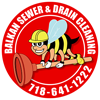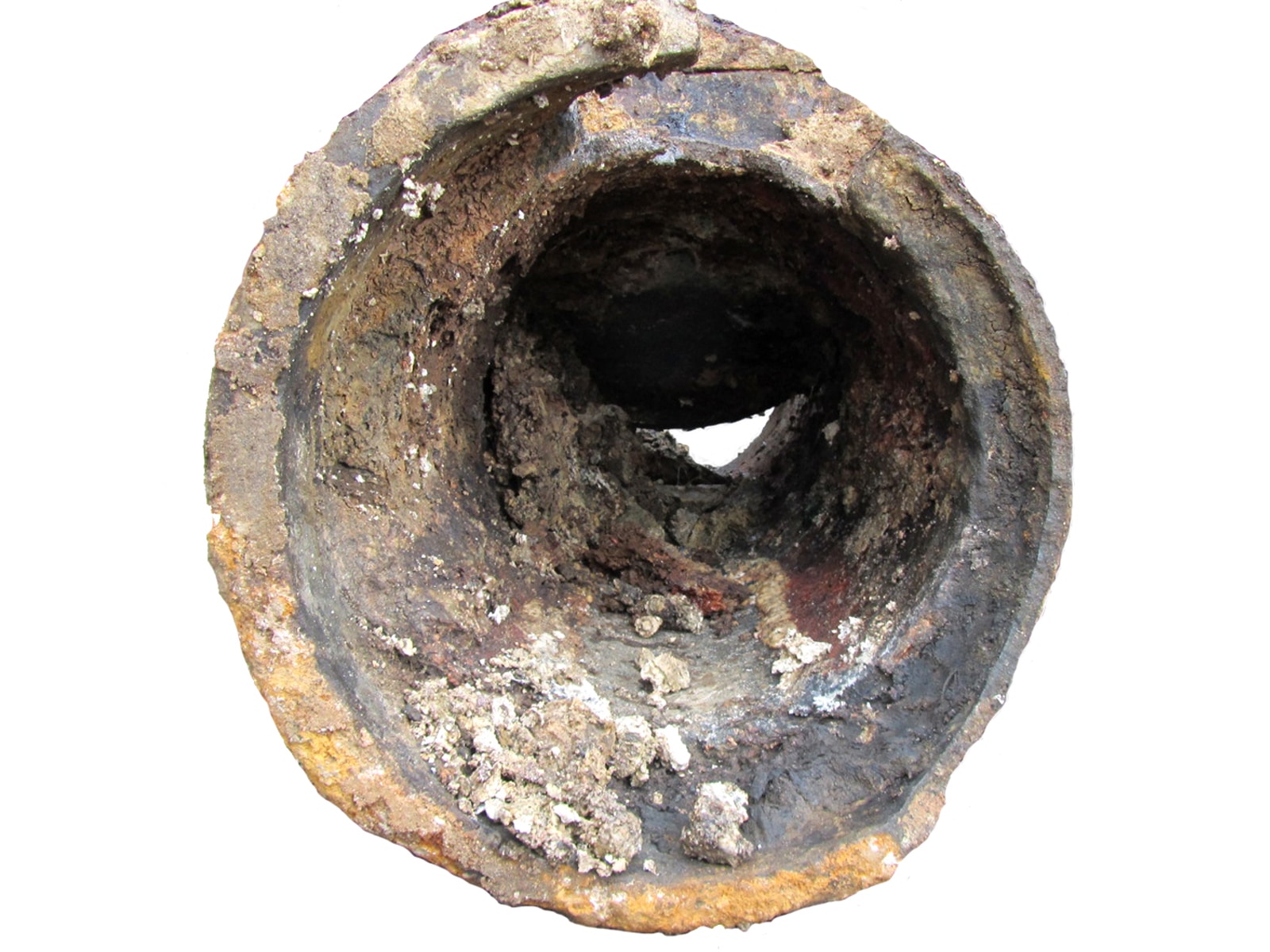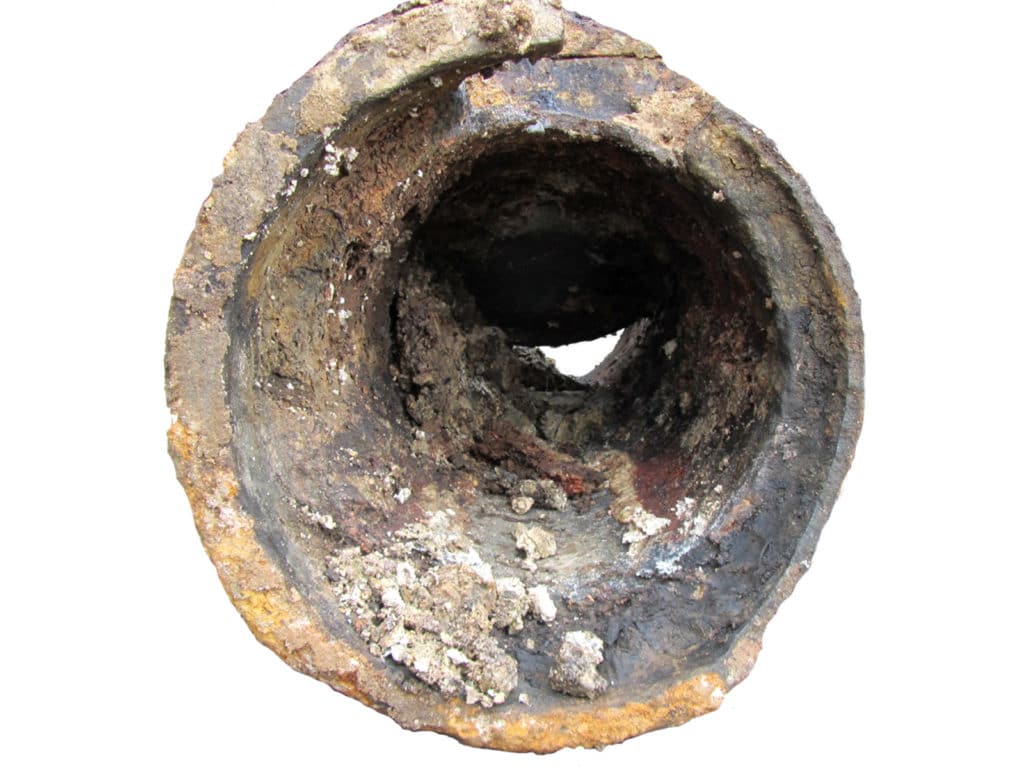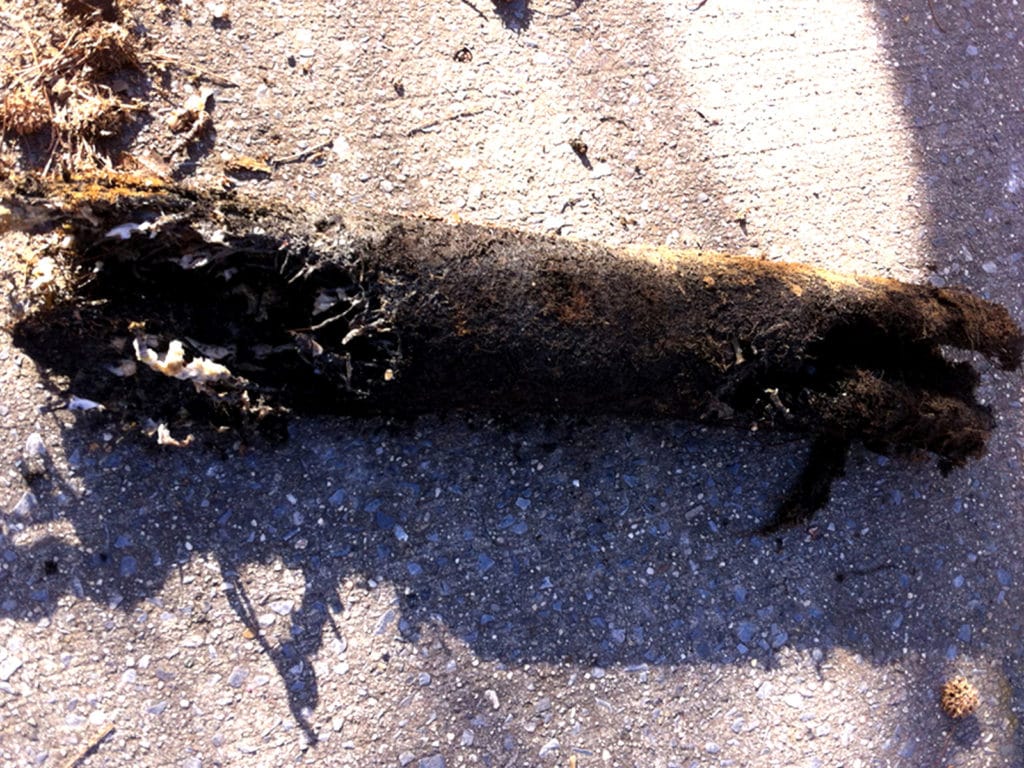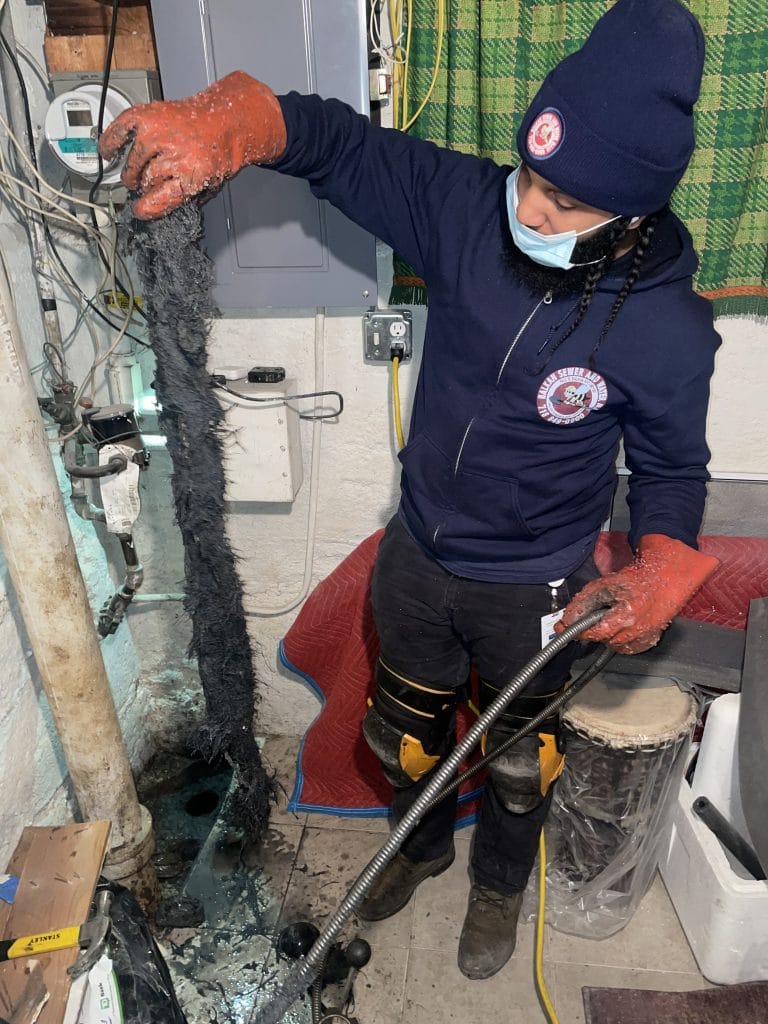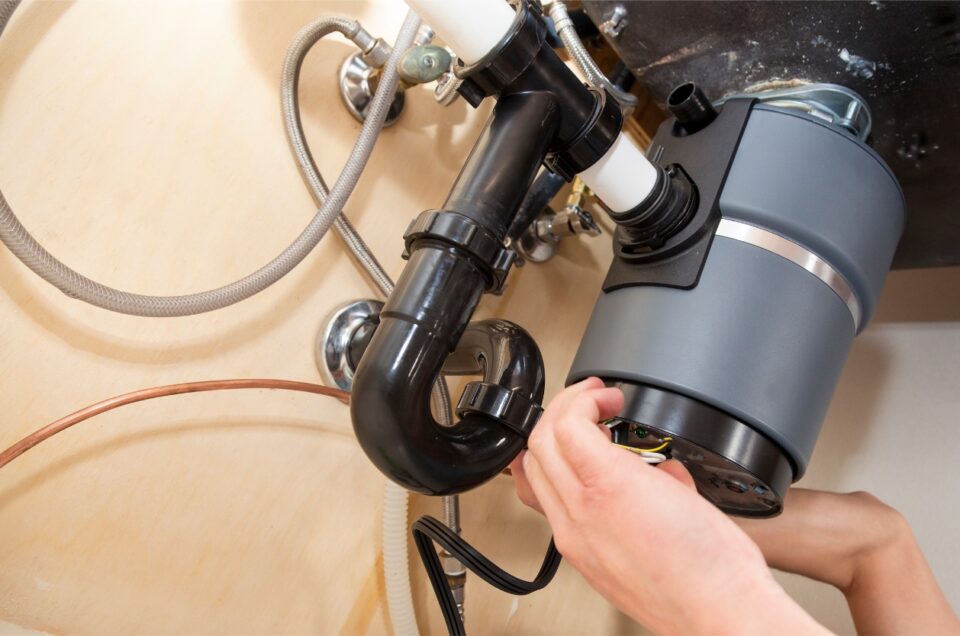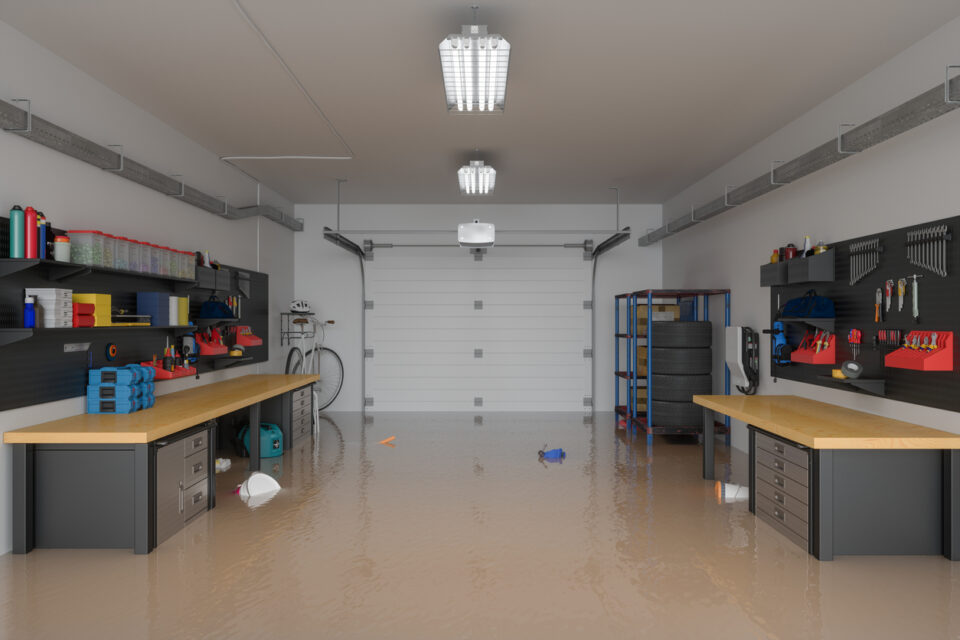Blocked drains are a relatively common occurrence. New York City is one of the most densely populated cities in the world, with complex private and public underground drain systems, and water supply systems as well. The city consists of the five boroughs of Brooklyn, Queens, Manhattan, The Bronx, and Staten Island.
With NYC having more than 28,000 people per square mile as of 2015, there is always the possibility of an improper plumbing installation that does not comply with the city’s plumbing code or misuse of the system.
Some easy-to-repair blocked drains may turn into nasty, unhealthy, and unhygienic, disasters that affect a good number of residents in your community. Blocked drains are often preventable, and some of the common culprits are as follows.
Grease Blocked Drains
The most common causes of blocked drains are food residue and grease. Food residue, especially fatty ones, can easily stick and accumulate to the inside of the drain pipes. Over time, the buildup is hardened and it causes stubborn blockages. What starts as a soft build-up of grease, eventually hardens into a tough to remove obstruction.
One of the first symptoms of fat accumulation is slow drainage; if not treated properly, the accumulation gets bigger and completely prevents liquid materials from passing through the sink. It happens mostly in kitchen sinks. But if a drain pipe lacks pitch, grease can accumulate at that point as well.
Hair Blocking a Drain
In a bathroom or bathtub, blocked drains are often caused by a buildup of hair. Drain strainers do a great job of preventing hair from entering the pipe, but sometimes the hair gets stuck under the strainer itself. Strainers may be a bit unsightly, but a clogged bathtub drain is much worse. Personal hygiene products such as soap and toothpaste also contribute to the problem. You will need to regularly pull off the strainer and clean the sediment both above and underneath it. Solid objects including hair grips and face wipes should not go into the sink.
Foreign Physical Objects Cause Blocked Drains
Other than hair and cleaning products, a lot of other large solid objects can cause blocked drains, especially in the toilet. Physical objects, for example, toilet paper, diapers, and sanitary items, can eventually cause blocked drains. The blockage will not happen all at once, but it starts with small barely unnoticeable clogging and turns into big problem as the culprits accumulate.
Do not flush solid objects including toys down the toilet. If an object enters your drain pipe, resist the urge to flush it along with water. This will only make it harder to remove.
Tree roots And Leaves Can Block Drains
On the outside of the house, blocked drains are possibly caused by tree root infiltration and fallen leaves during the Fall season. When water is scarce, roots are actively searching for reliable sources of nutrients. A small leak on the underground pipe of your outdoor plumbing creates a perfect place for roots to start their invasion.
Roots removed from inside pipe
Roots are very persistent and can cause serious damage to the pipe once they penetrate inside. Leaves that fall from tree branches can accumulate on or under the grate, or enter the drain system through our roof leader lines. An annual chore should be removing leaves and sediment from your rain gutters, and area drains.
Professional Plumbing Service For Blocked Drains
There are a myriad of possible culprits that can cause a blocked or clogged drain, from food residue, to damaged pipes. Regardless of the cause, the last thing you want is to let non trained hands handle your problems. To make sure your blocked drains are properly fixed, the jobs are best left to professionals.
In the New York area, particularly in Brooklyn, Queens, Manhattan, and The Bronx, Balkan Plumbing is the most recommended company that provides plumbing-related services. Team Balkan provides anything ranging from a small repair, to a major overhaul of plumbing system, with the same degree of excellence and professionalism.
With more than 60 years of experience, Balkan Plumbing makes sure that all work complies with appropriate NYC building codes, and the regulations set by the Department of Environmental Protection. All work is unconditionally guaranteed, and the company is always at your service for emergency calls 24/7. Balkan Plumbing also provides free on-site visits and expert advice for your plumbing problems.
Using professional-grade equipment and experienced technicians, the company promises a complete and thorough repair. If a full replacement of a house sewer is required, it will be backed with a generous 10-year guarantee. Balkan Plumbing is BBB accredited (A+ rating), licensed, insured, and bonded service. The company is also a member of the NYC Master Plumbers Council. Please note that Balkan Drain Cleaning is a part of the Balkan family of companies.
Cures for Blocked Drains
All drains basically have the same construction design, they depend upon gravity to function properly. There is a curved pipe section at the bottom of the drain (commonly referred to as U-trap or P-trap) that acts as small water barrier to prevent sewer line gasses from entering the house.
Dirt and debris can accumulate in this section and cause a blockage, but this is far better than inappropriate materials making their way down your drain into system. Possible cures for a drain clog are as follows:
- Hand Plunger
This tool almost always comes first before everything else. When used in a bathtub or sink, you need to cover the overflow outlet with a rag before pushing the plunger up and down over the sink. You don’t have to worry about any overflow outlet if the plumbing fixture does not have one. A plunger will only work properly if it is placed in standing water.
- Drain Snake
An auger or drain snake is another reliable tool to remove a drain line blockage. The tool consists of a long flexible steel cable to help reach the blockage. Again, professional plumbing service use commercial-grade drain snakes with longer and more powerful cables to go down the pipe with ease. In addition, a trained professional will be familiar with the correct size machine and head to place on the end of the snake.
- Chemicals
Some cleaning products use very strong caustic chemicals. Only professional drain cleaners have access to non-caustic, non-fumigating, and non-systemic chemical cleaners. Some products have damaging effects on drain pipes. Chemical drain cleaners are the easy way out, but frequently give short-term results.
Of course, there are ways how to clear blocked drains naturally. The commonly used and endorsed method is by using baking soda and vinegar.
- Hydro Jet / High Pressure Water Jet
In cases where the blockage is grease related, or cannot be cleared with a snake, water jetting is the more reliable method. It uses pressurized water to get rid of debris accumulation on the inside of the pipe. A trained user will know which type of head to use, and when the machine is appropriate.
Some hardware stores allow you to rent drain cleaner equipment, but it is bad idea to rent them when you don’t know how to use them. When you call a professional, the plumber will bring the ideal equipment based on your explanation of the problem.
Blocked Drains Prevented: Some Helpful Tips
Although blocked drains are not actually major plumbing problems, preventing them from happening in the first place will save you money, time, and aggravation. Here are some things you can do to keep your plumbing system running properly for many years:
- Dispose of food residue or soap in the garbage bin. Some of these items will not dissolve in water easily. If you flush them down the sink, those objects buildup in the inside of the pipe and cause blockages. Take a few minutes to dispose of items properly.
- Install drain strainers and clean them regularly at least once a month. Replace used strainers immediately when they are damaged. Strainers should be placed inside house drains, but on outside area drains and roof leaders as well.
- When you notice any symptom of blockage in a drain (such as slow drainage), pour a kettle of boiling water down the sink. It will help to dissolve hard objects including food residue and soap. Do not use the hot water method in a toilet, because it can damage porcelain.
- Pour a mixture of baking soda and vinegar into the sink to get rid of greasy fats in the pipe. Let the mixture sit for several minutes before you rinse it with plenty of hot water. The mixture keeps your sink clean and bacteria-free.
